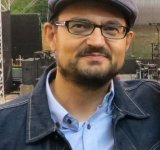Computer Graphics has emerged as a key field supporting both performance assessment and training of AI drivers. Latest advances in CG suggest that it is feasible to design the corner cases both for training and testing. Simulation allows us to drive millions of miles to assess the performance of AI drivers, as well as generate millions of episodes for training the models behind AI drivers. This simulation-based approach requires advances in procedural generation of realistic traffic infrastructure, realistic behavior of traffic participants (human drivers, cyclists, pedestrians), augmented and mixed reality for on-board videos, simulation of sensors (cameras, LIDAR, RADAR, etc.) and multi-sensor suites, automatic generation of accurate and diverse ground truth, and beyond real-time simulations on multi-AI agents.
The goal of this workshop is to bring together researchers and practitioners of both autonomous driving and computer graphics fields to discuss the open challenges that must be addressed in order to accelerate the deployment of safe and reliable autonomous vehicles. Speakers with experience on the use of simulation and computer graphics for autonomous driving will be invited to share their work and insights regarding upcoming research challenges.
A $40 registration fee is required by 9am Pacific Time on Tuesday Aug 7 to attend lunch. Unregistered attendees may participate if space allows, but lunch will not be provided.
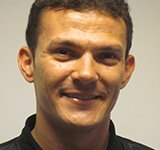
Speaker

Speaker
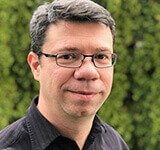
Speaker

Speaker

Speaker
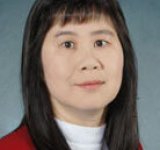
Speaker

Speaker

Speaker

Speaker
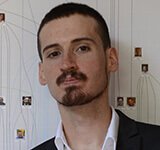
Speaker

Speaker
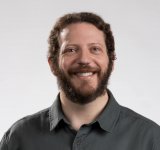
Speaker

Organizer
